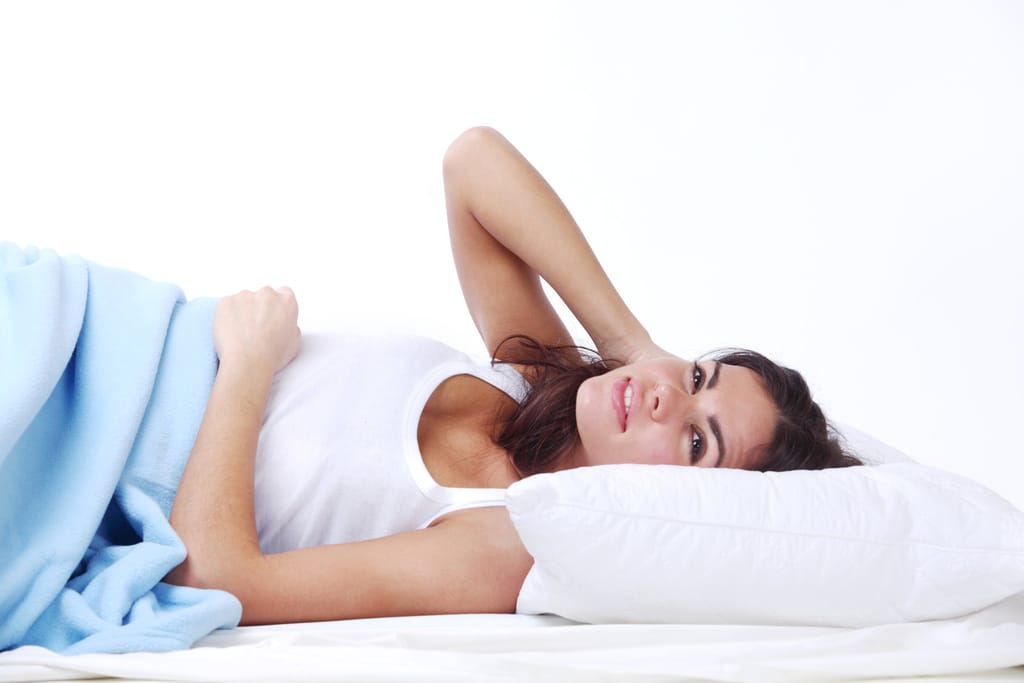What is the Circadian clock?
The circadian clock is a natural, internal timekeeping system that governs the body’s circadian rhythm. This rhythm times many daily endeavors, including when we feel most awake and alert, when we release hormones, and when our body temperature rises and falls. Several factors affect the circadian clock, including sunlight, time of year, and our daily routine.
Sleep timing and restorative sleep
Sleep is one of the most significant aspects of our lives, yet we often take it for granted. We use a third of our lives asleep, but what do we know about it? Sleep is a complex process that is guided by our daily schedules, environment, and health. In order to get the most out of our sleep, it is imperative to consider some basics about sleep timing and restorative sleep.
The amount of sleep we need varies from individual to individual. Most adults require between 7 and 9 hours of sleep per night, but some people need more and some people need less. It is essential to find out how much sleep you need and seek to stick to a regular sleep schedule. Going to bed and waking up at the same time each day will help regulate your body’s natural sleep rhythm.
There are two main types of sleep: REM sleep and non-REM sleep. REM sleep is the type of sleep that is associated with dreams. This type of sleep is important for cognitive function and emotional health. Non-REM sleep comprises four stages, each of which is important for different aspects of health. The deepest stage of non-REM sleep is called slow-wave sleep and is thought to be the most restorative. We should spend most of our sleep in slow-wave sleep.
Sleep deprivation is a common problem in our society. The demands of work, family, and social life often keep us from getting the sleep we need. The effects of sleep deprivation can be devastating and can have negative consequences on our health, safety, productivity, and relationships. It is important to make sleep a priority and to make sure we get the sleep we need.
Getting enough quality sleep is essential for good health. By accepting the basics of sleep timing and restorative sleep, we can all work to get the most out of our sleep.

Health and well-being
The circadian clock is an internal mechanism that is set to a 24-hour cycle and is synchronized to the natural light-dark cycle of day and night. When the clock works, it helps the body to maintain a regular sleep-wake pattern, allowing us to function.
During the day, the body produces hormones such as cortisol, which helps to keep us alert and energized. At night, we release hormones such as melatonin to help us relax and prepare for sleep.
When the circadian clock is disturbed, it can lead to a range of health problems. For example, jet lag occurs when the body is subjected to a sudden change in the light-dark cycle. This can lead to fatigue, insomnia, stomach problems, and other symptoms. Shift work is another common cause of circadian disruption. Working long hours during the night can lead to difficulty sleeping during the day, as well as an increased risk of obesity and diabetes.
Disruptions to the circadian clock can also have a negative effect on mental health. Studies have shown that people who have difficulty maintaining a regular sleep-wake pattern are more likely to experience depression and anxiety.
Fortunately, there are strategies that can help to keep the circadian clock in sync. Exposure to natural sunlight during the day and limiting blue light exposure at night can help to regulate the body’s sleep-wake cycle. Regular exercise and avoiding caffeine and alcohol before bedtime can also help to improve sleep quality.

Complexities of the Circadian clock
The circadian clock is driven by the rhythmic expression of clock genes, which coordinate the oscillations of physiological and behavioral processes with the external environment. The master clock is in the suprachiasmatic nucleus (SCN) of the hypothalamus and is regulated by light. The eyes detect light signals and travel to the SCN via retinal ganglion cells. The SCN then transmits signals to other parts of the brain and body, enabling circadian rhythms to be synchronized with the external environment.
We have found the clock genes to be involved in regulating daily rhythms in physiology and behavior. Genes involved in the molecular machinery of the clock include the Period (Per) and Cryptochrome (Cry) genes, which generate and maintaining rhythms in physiology and behavior. The PER proteins act as a negative feedback loop, inhibiting their own expression until the CRY proteins accumulate and act as a ‘switch’, allowing for the expression of the PER proteins. This cycle then continues until the CRY proteins are degraded and the cycle starts again.
Environmental cues, such as light and temperature, can also influence the circadian clock. Light is the primary environmental cue that entrains the circadian clock, and its intensity and duration are important factors in determining the timing of circadian rhythms. Temperature can also influence the circadian clock, with higher temperatures associated with an earlier onset of the sleep-wake cycle.
Impact of disruptions
When the circadian clock is disrupted, it can have a significant impact on an individual’s well-being. The most common form of disruption to the circadian clock is jet lag, which is caused when individuals travel across multiple time zones. Other causes of disruption include shift work, sleep deprivation, excessive light exposure, and certain medications.
When the circadian clock is disrupted, the body’s natural balance is thrown off and it can lead to a variety of physical and mental health issues. One of the most common effects of a disrupted circadian clock is fatigue. When the body’s internal clock is thrown off, it can lead to difficulty sleeping, difficulty waking up in the morning, and feeling tired throughout the day. This can have a significant impact on concentration, motivation, and overall productivity. Other physical effects of a disrupted circadian clock can include gastrointestinal problems, headaches, and changes in appetite. Poor sleep quality, which can lead to poor physical health can further compound these issues.
The mental health effects of a disrupted circadian clock can include increased stress levels, anxiety, and depression. The physical effects of disrupted circadian rhythms, can further exacerbate these issues such as fatigue and sleep deprivation.
Disrupted circadian rhythms can lead to an increased risk of certain diseases, such as diabetes, cardiovascular disease, and obesity. The body’s inability to regulate hormones and metabolism properly when the circadian clock is thrown off often causes these issues.

Improving health and productivity
Unfortunately, disruptions to the circadian clock can cause negative health effects such as fatigue, insomnia, and mood swings. It is therefore essential to understand how the circadian clock can be reset in order to maintain health and productivity.
The primary factor that influences the circadian clock is light. Exposure to daylight stimulates the body’s release of melatonin, which sets the body’s internal clock. When darkness falls, the production of melatonin is inhibited and the body’s circadian rhythm is reset. Therefore, it is important to ensure adequate exposure to natural light during the day and darkness at night. Besides light, other environmental cues, such as noise, temperature, and social interaction, also influence the circadian clock.
To reset the body’s internal clock, it is important to avoid disruptive noise and maintain a consistent temperature in the living environment. It is also important to establish a routine of social interaction, such as talking with friends or attending social events, to help reset the circadian clock.
The most important way to reset the circadian clock is to ensure that sleep is of good quality and quantity. To achieve this, it is important to establish a consistent sleep schedule, minimizing late nights and early mornings. Regular exercise can also help to regulate the body’s internal clock, as well as improve the quality of sleep.
Conclusion
The circadian clock is an important regulator of many organic processes and handles the daily rhythms we experience. Genes that manufacture proteins that interact with each other controlled the clock to create a feedback loop. Environmental hints, such as light and temperature, can also influence the clock. The circadian clock is important for maintaining health and can be rattled by circadian rhythm disorders.
Reference
- Circadian Rhythms and Circadian Clock | NIOSH | CDC. (n.d.). https://www.cdc.gov/niosh/emres/longhourstraining/clock.html
- Suni, E., & Suni, E. (2023, February 16). Circadian Rhythm. Sleep Foundation. https://www.sleepfoundation.org/circadian-rhythm
- Wikipedia contributors. (2023, January 28). Circadian clock. Wikipedia. https://en.wikipedia.org/wiki/Circadian_clock